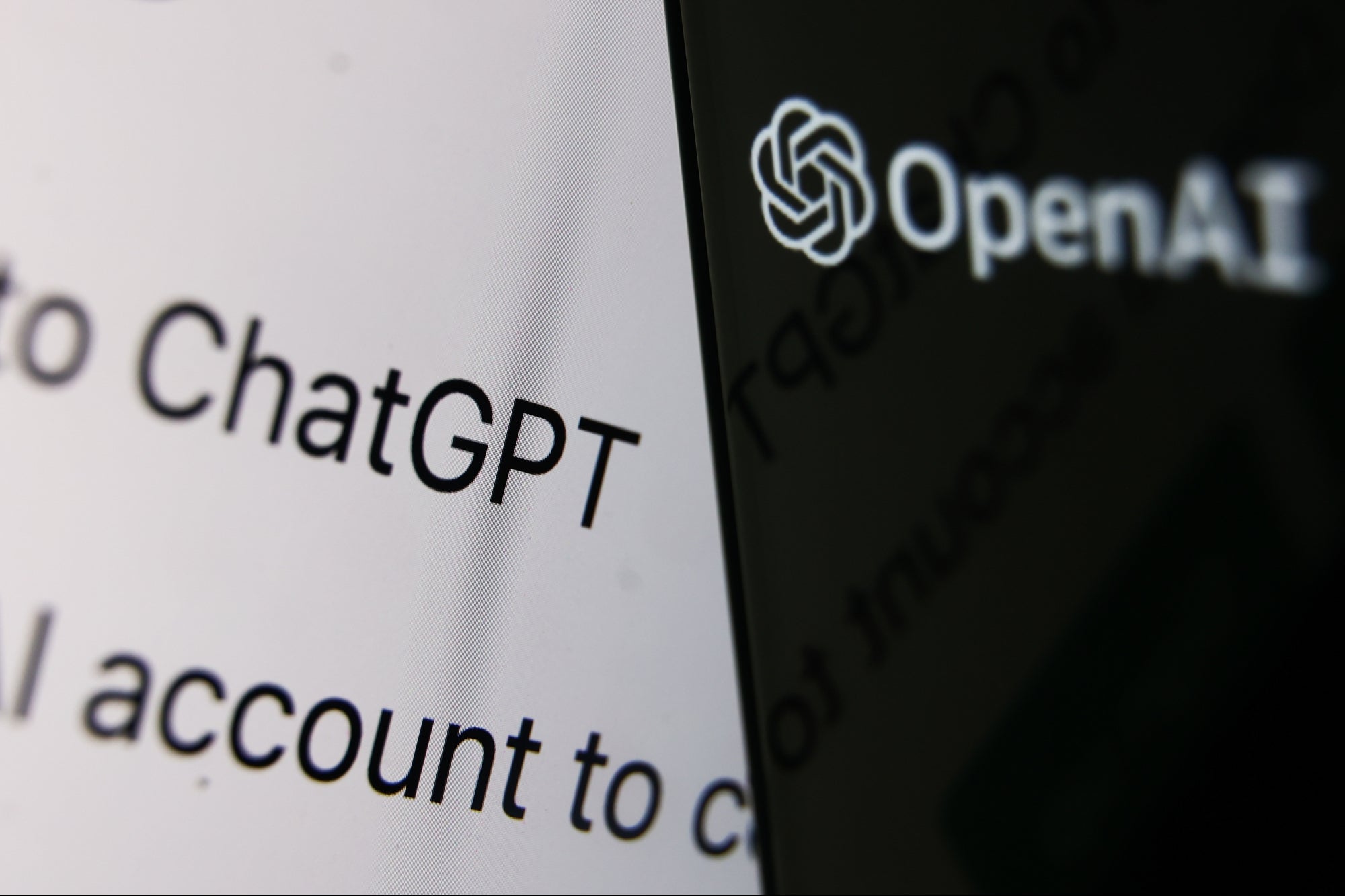Educators concerned that the viral popularity of OpenAI’s ChatGPT will lead to waves of generic-sounding, mostly AI-written essays might have reason to relax. Princeton student Edward Tian devoted a portion of his holiday to writing GPTZero — an application that can identify text authored by artificial intelligence.
Tian posted a couple of proof-of-concept videos on January 2nd demonstrating GPTZero’s capabilities. First, it determined that a human authored a New Yorker article; then, it correctly identified ChatGPT as the author of a Facebook post.
here’s a demo with @nandoodles‘s Linkedin post that used ChatGPT to successfully respond to Danish programmer David Hansson’s opinions pic.twitter.com/5szgLIQdeN
— Edward Tian (@edward_the6) January 3, 2023
Business Insider has more:
GPTZero scores text on its “perplexity and burstiness” – referring to how complicated it is and how randomly it is written.
The app was so popular that it crashed “due to unexpectedly high web traffic,” and currently displays a beta-signup page. GPTZero is still available to use on Tian’s Streamlit page, after the website hosts stepped in to increase its capacity.
Tian’s motivation for creating GPTZero was academic in nature, over what he termed “AI plagiarism.” Tian tweeted that he thought it was unlikely “that high school teachers would want students using ChatGPT to write their history essays.”
ChatGPT’s creators at OpenAI have their own concerns about how their product is used. As the Guardian reported last week, one researcher recently said in a talk at a Texas university that they “want it to be much harder to take a GPT output and pass it off as if it came from a human.”
According to the Guardian, OpenAI is currently working on a feature for “statistically watermarking” ChatGPT outputs so that machine readers can spot buried patterns in the AI’s text selections.



